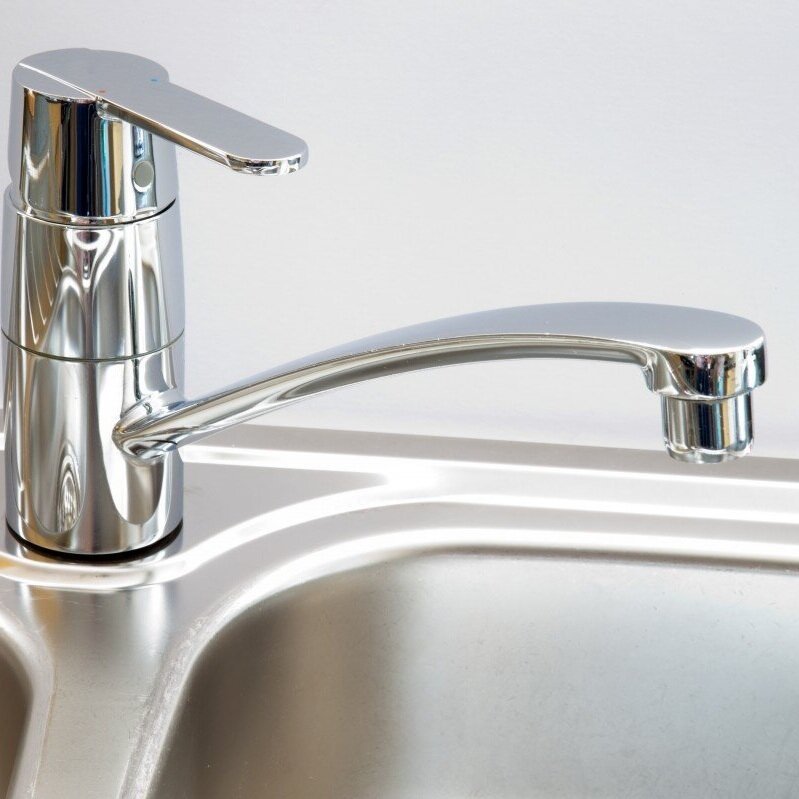Quick Tips for Removing Hard Water Deposits from Your Faucets
Faucet performance dwindles the more mineral deposits envelop them. Sediment from hard water suppresses water flow by clogging and obstructing the fixtures. In addition to impaired ability, crusty faucets depreciate the clean aesthetic of a kitchen or bathroom. Fortunately, ridding faucets of hard water deposits requires only a few household products and minimal effort.
HOW TO REMOVE HARD WATER RESIDUE FROM A FAUCET AERATOR OR SHOWERHEAD
A faucet aerator is a small, circular device that screws onto the tip of the faucet. This device limits splashing and creates a better water flow. Aerators generally can unscrew from the tap and be cleaned separately from the device. Because the holes are small, scale buildup may go undetected for a long time. To clean the faucet aerator, remove the device from the faucet and follow these steps:
Fill a cup or small bowl with vinegar.
Soak the aerator in the vinegar overnight.
The following day, use an old toothbrush or small bristle brush to scrub off any remaining residue.
Rinse the aerator parts with warm water and reassemble.
For showerheads or other fixtures that detach, enlist this same process. If the showerhead does not disconnect easily, fill a plastic zip bag with vinegar and secure it over the showerhead overnight. If the zipper doesn’t look strong enough to hold for a prolonged duration, fasten a hair-tie or rubber band around the bag and nozzle.
HOW TO REMOVE MINERAL DEPOSITS FROM A FAUCET
For the faucet pieces that do not detach easily or at all, follow these steps:
Soak a clean rag or hand towel in vinegar.
Wrap the towel around the faucet covering all areas with calcium or other mineral deposits.
Let sit for 30 minutes to one hour and then remove.
Using a coarse, scratch-free sponge, wipe any remaining buildup from the fixture.
Pour some vinegar on the sponge for those hard-to-get spots, and repeat these steps as necessary until the area is spot-free.
Try using an old toothbrush to remove difficult marks if the sponge doesn’t achieve the wanted result.
We suggest vinegar rather than chemical cleaners because of the efficacy and low impact on the environment and household fixtures. If you’re finding that you have to remove deposits due to hard water regularly, consider installing a water softener at home.
MAINTAIN YOUR FAUCETS
Crusty fixtures can lead to lower water pressure and unattractive fixtures. Removing hard water deposits is not a complex task with the right tools. But, if you notice that your efforts are ineffective, check with a plumbing expert to see if a water softener would suit you and your home.
Evenflow Home Services has earned a strong reputation for providing comprehensive residential and commercial plumbing services. Emergency services available. Call today at (210) 941-3503.

